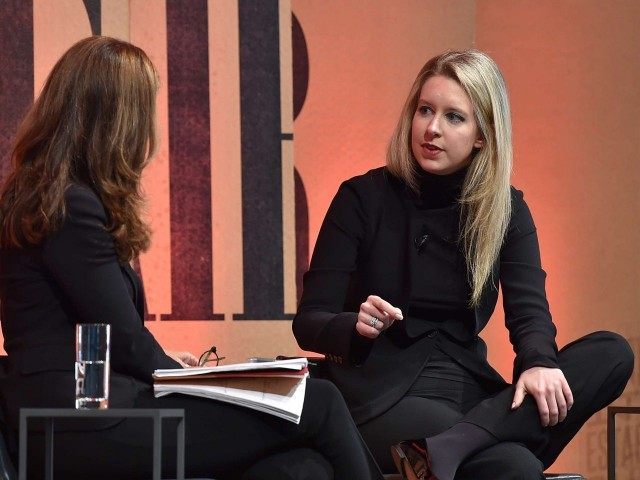As Theranos, Inc. was preparing for one of Silicon Valley’s biggest IPO’s when its pin-prick blood test for thousands of diseases was approved by the FDA on July 15, the company was rocked on October 15 by a Wall Street Journal article citing “unnamed” former employees claiming Theranos inflated its testing effectiveness to the FDA.
The company claims “unparalleled transparency” in its ability to use a minute amount of blood, and to charge very low costs to test for cancer, thyroid disorders, cholesterol levels, STDs and hundreds of other medical conditions–and deliver results in just a few hours. The miniaturized technology employs state-of-the-arts microneedles and nanotubes to generate highly accurate results in moments versus days, challenging such huge multi-billion dollar blood test leaders as Quest Diagnostics and LabCorp.
Such disruptive technology has attracted backing from such major venture capitalists as Larry Ellison, former CEO of Oracle. The company’s latest private market value is about $9 billion.
But a months-long Journal investigation supposedly found that the bulk of Theranos blood tests were actually being conducted on traditional test machines from companies like Siemens, due to comparatively poor performance by Theranos’ Edison test machines.
The Journal’s October 15 investigative report cited claims by a number of former Theranos employees that the company’s Edison testing equipment performed poorly compared to traditional test equipment.
The blooming scandal led to a formal complaint being filed with the New York State Department of Health that was subsequently forwarded to the Centers of Medicare and Medicaid Services. An adverse federal ruling could extinguish the company’s claims that it is destined to become a global standard for blood testing.
Theranos fashionista founder Elizabeth Holmes was forced to confront her Journal accusers in an interview with Jonathan Krim at the first WSJ Live 2015 tech conference held at Laguna Beach’s Montage Hotel.
Holes claimed that four of the supposedly seven sources for the Journal article have recanted their comments. She then gave a point-by-point defense of her health-technology start-up by dismissing the Journal stories as erroneous, baseless and lacked context.
But when asked about whether the company is only using its Edison machines for Herpes simplex virus tests, Holmes, in a show-stopper, said that the company has multiple proprietary testing devices and they no longer use “Edison for anything and haven’t for a few years now.”
Holmes also was forced to admit Theranos currently uses a combination of traditional venous draws and pin-prick samples to collect blood for testing. But she emphasized that Theranos is already using less blood than its competitors.
Holmes tried to dispel Journal claims that the company dilutes its low volume pin-prick blood samples to have enough liquids to test by claiming that dilution is a standard step in all blood assaying test. Given the number of test the company conducts, this statement seemed perplexing.
Holmes claims that Theranos has a wonderful relationship with the FDA and that it expects to have more finger-prick based tests approved in the near future.
A public company would be devastated by this turn of events. But fortunately Theranos is still private and will have the deep pocket support of venture capitalists to continue to move forward.

COMMENTS
Please let us know if you're having issues with commenting.